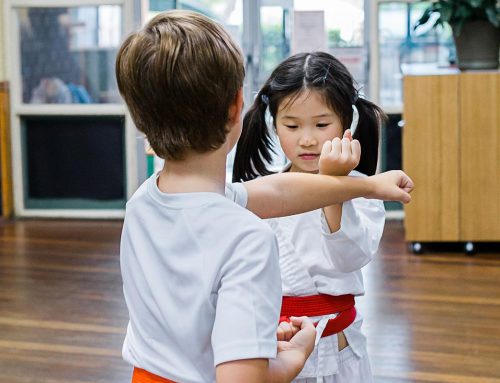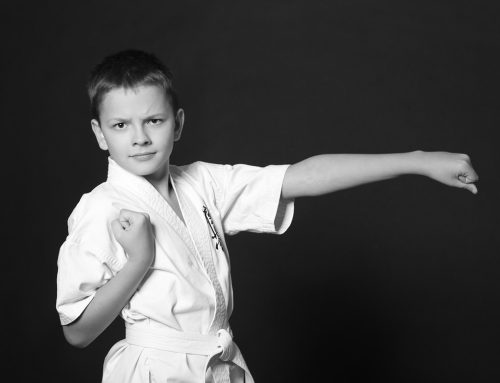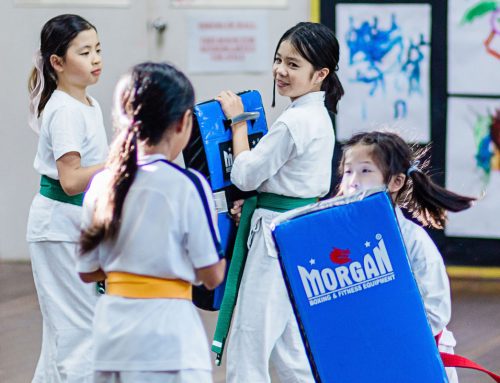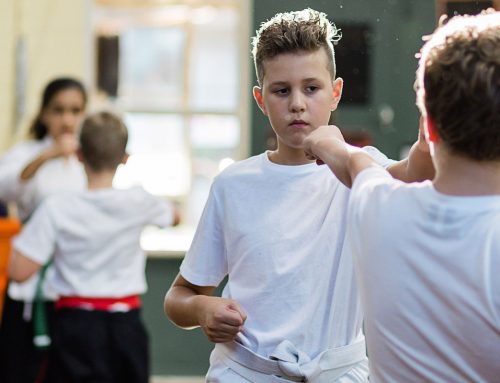Sadly the incidence of bullying has reached epidemic proportions, both for children and adults. Bullying should never be taken lightly. We all need to be shown how to deal with this serious issue, in particularly children.
As our roles of parent, member of the community and care giver it is our responsibility to offer guidance and advice to the children. But what advice do we give them when it comes to bullying? And what guidance?
While there is no way to 100% bully-proof anyone, there are important skills we can teach children to minimise the impact a bully has on them.
1. Build a positive social network
- Connect with caring friends and supportive adults
- Being socially connected is an important factor in overall happiness
2. Make the parent/child relationship a top priority
- Kids needs to know they can confide in you
3. Create as many positive connections as you can
- Kids need to be shown “how” to make friends
- Friendship-building social skills is a big part in developing their Bully-Proof Force Field
What is Emotional Intelligence?
Emotional Intelligence describes our ability to recognise and manage our own emotions and, in so doing, better relate to other people.
Sounds a bit over the top for a young child but developing Emotional Intelligence basically means kids learn to recognise various emotions such as anger, sadness, fear and disappointment. Recognising the emotions and putting a name to them helps in the development of confidence and a confident child is better equipped in dealing with a bullying situation.
Identifying a bully and bullying behaviour is actually not that easy and most often, but not always, there is right and wrong on both sides. By teaching acceptable behaviour to all children we hope to eradicate the growing bullying plague.
I was recently told of an incident at a local school between one of my younger karate students and two of her school friends. I generally say that bullying is mainly, but not exclusively, due to jealousy and this example shows what I mean. Child A (my karate student and a girl) likes child B (a boy) and they often play together. Child C (a girl) intervened at lunchtime and encouraged child B to play with her and exclude child A. Child A was very angry and pushed child C over. Before you knew it there was a bit of a free-for-all with a number of other children joining in. Fortunately no-one was injured but I had a chat to child A, my karate student, and her parents and discovered that child C is often quite mean to child A and regularly tries to exclude her from playground games.
Part of developing Emotional Intelligence is to teach conflict resolution and problem solving to children. The children in the above example are only 7 so perhaps the Playground Teacher should have been more aware of what was happening or perhaps there should have been more than 1 Playground Teacher on duty.
Many reports indicate that bullies prey on victims or on children they can intimidate. One way to fight this is to develop an assertive attitude. An assertive child is one who can stand up for their rights and voices how they feel without being aggressive or passive about it.
A favourite drill in my karate classes is the “Say NO!” drill. The kids think up scenarios and then they role play ending with a loud NO followed by a hand push which indicates that this is my boundary so don’t step too close.
In the end it is greater self-confidence that truly helps children deal with bullies and bullying.






